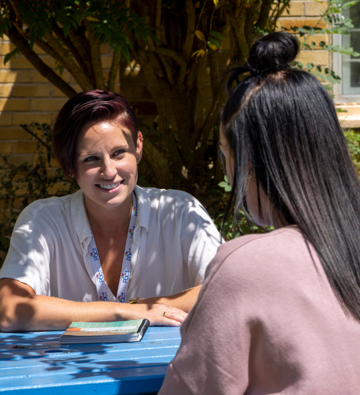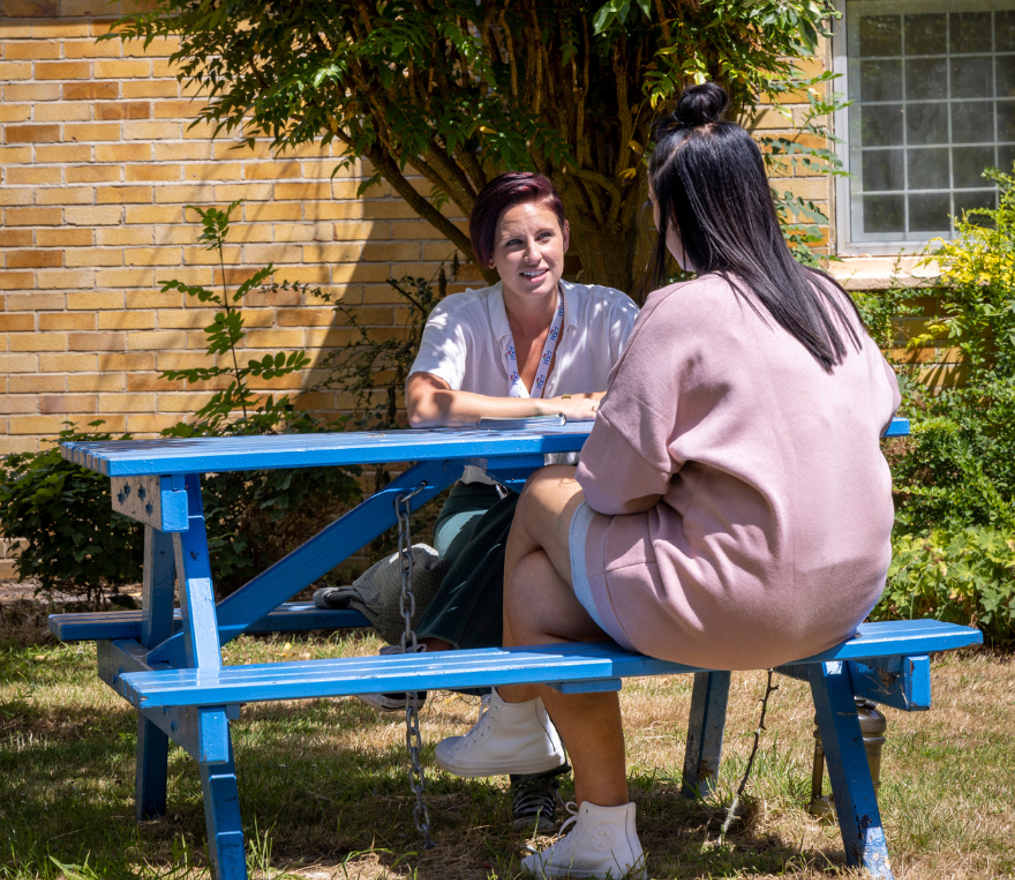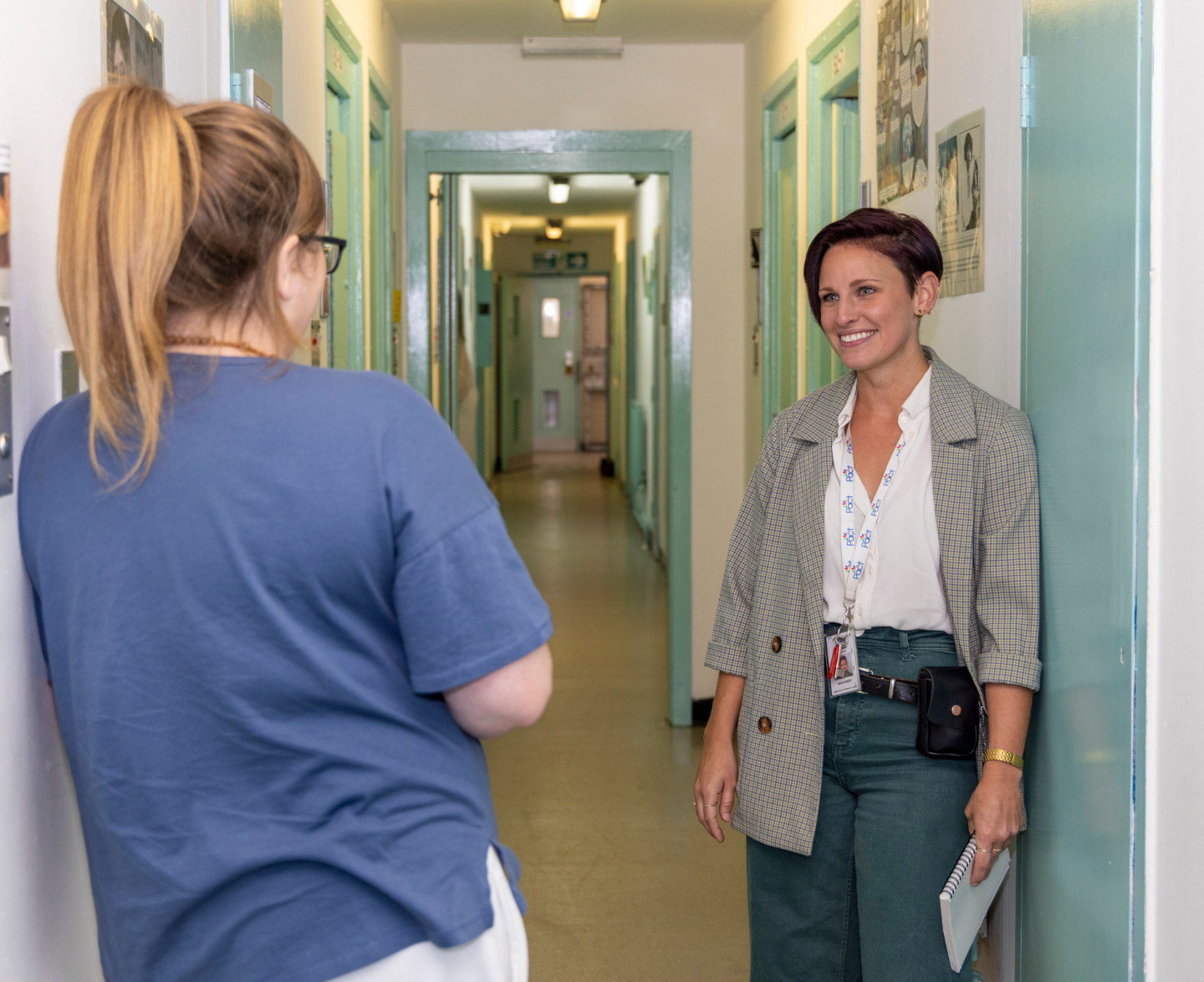Bridging the gap between prison and community social services
The Together a Chance pilot project, funded by the Sylvia Adams Trust, employs two prison-based social workers to support mothers in HMPs Send and Eastwood Park. Their role is to bridge the gap between the prison and social services in the community, keeping mothers in touch with their children where it is in the child’s best interests.
The social workers offer intensive one-to-one support for women, empowering them to engage in matters involving their child, speak for themselves at court, and to understand processes and how to work with them. They also provide a vital link with community social workers who have children of female prisoners on their caseload and who may be reluctant to encourage familial visits or contact.
The project follows Lord Farmer’s landmark review in 2019 about the importance of maintaining family ties in women’s prisons. The report recommended that the Ministry of Justice fund on-site social workers as part of a multi-disciplinary team within each prison.

Why is this needed?
- There is currently no structure in place for children whose mothers are in custody.
- Children whose mothers are imprisoned face hardship and challenges that severely limit their ability to reach their full potential.
- Maternal separation causes long-lasting emotional trauma for both mothers and children.
- People in prison who maintain family ties are 39% less likely to reoffend.
Evaluation of this project by CASCADE at Cardiff University shows that Pact social workers:
- Support more frequent and positive contact between mothers and children, dealing with dozens of local authorities across England and Wales.
- Promote mothers’ rights and give them more of a say in key decisions.
- Instill hope in women to remain positive and play a significant role in managing self-harm and the risk of suicide among women in prison.
- Bring new, specialist knowledge of safeguarding and social services’ processes which does not just benefit the women in prison but also helps to upskill other prison staff.

Hayley's story
One social worker has been supporting a woman named Hayley*, whose own mother is seeking a Child Arrangement Order in relation to Hayley’s son. Hayley’s son is currently being supported through the child in need process under local authority social services.
Hayley has experienced a challenging relationship with her mother over the years and finds relationships with professionals can often feel strained due to her being particularly direct in her communication, which others sometimes interpret as hostile. Over the course of Pact's involvement, Becky has supported Hayley to think critically about her feelings and what is best for her child, and to be more mindful of her communication style. This has had a positive impact on all parties and has enabled Hayley to feel that she has a more active role in her son’s case.
Becky has enabled increased contact between Hayley and her son’s social worker through video link and telephone calls, promoting a positive working relationship, more open communication and greater information sharing. Becky has also advocated for and supported Hayley to access legal advice prior to the family court process beginning. She attended the first hearing with Hayley as a McKenzie friend, which ensured emotional support at the time and meant Hayley had someone to with whom to discuss the hearing.
This support has reduced Hayley's stress and anxiety around the process, enabling more positive contact with her mother, her son and her son's social worker.
*name changed to protect identity

